About the Book :
This subject of PLM is quite important in industry as many commercial and customized software providers are available on web. Mumbai university runs this course as institute level elective which projects that irrespective of the engineering domain, every engineering graduate should have knowledge of PLM. The importance of this subject can also be realized from the fact that post-graduate courses also offer this subject.
First module is focused on understanding the PLM system, its background and its complete implementation process.
Module two is more inclined towards design of product which can be a physical product, a software, an electronic circuit or any service like an insurance policy. This module covers the
different design models and the required refinement considering the environment in design process.
Module three is based on managing product data.
Module four makes students familiarize with virtual product development tools and techniques. As virtual product saves a lot of time and money, the module focusses on
the necessity to study and develop virtual product.
The integration of environmental aspects in product design and the necessary changes that a design team has to do has been elaborated in the fifth module.
The last module focusses on the framework of life cycle assessment and life cycle cost analysis.
Table of Contents :
1. Introduction to Product Life Cycle Management
Product Lifecycle Management (PLM), Need of PLM, Product Lifecycle Phases, Opportunities of Globalization, Pre-PLM Environment, PLM paradigm, Importance and Benefits of PLM, Widespread Impact of PLM, Focus and Application, A PLM Project, Starting the PLM Initiative, PLM Applications. PLM Strategies: Industrial strategies, Strategy elements, Its identification, selection and implementation, Developing PLM Vision and PLM Strategy, Change management for PLM.
2. Product Design and Development
Product Design and Development Process, Engineering Design, Organization and Decomposition in Product Design, Typologies of Design Process Models, Reference Model, Product Design in the Context of the Product Development Process, Relation with the Development Process Planning Phase, Relation with the Post design Planning Phase, Methodological Evolution in Product Design, Concurrent Engineering, Characteristic Features of Concurrent Engineering, Concurrent Engineering and Lifecycle Approach, New Product Development (NPD) and Strategies, Product Configuration and Variant Management, The Design for X System, Objective Properties and Design for X Tools, Choice of Design for X Tools and Their Use in the Design Process.
3. Product Data Management
Product and Product Data, PDM systems and importance, Components of PDM, Reason for implementing a PDM system, Financial justification of PDM, Barriers to PDM implementation.
4. Virtual Product Development Tools
For components, machines and manufacturing plants, 3D CAD systems and realistic rendering techniques, Digital mock-up, Model building, Model analysis, Modelling and simulations in Product Design, Examples/Case studies.
5. Integration of Environment Aspects in Product Design
Sustainable Development, Design for Environment, Need for Life Cycle Environmental Strategies, Useful Life Extension Strategies, End-of-Life Strategies, Introduction of Environmental Strategies into the Design Process, Life Cycle Environmental Strategies and Considerations for Product Design.
6. Life Cycle Assessment and Life Cycle Cost Analysis
Properties and Framework of Life Cycle Assessment, Phases of LCA in ISO Standards, Fields of Application and Limitations of Life Cycle Assessment, Cost Analysis and the Life Cycle Approach, General Framework for LCCA, Evolution of Models for Product Life Cycle Cost Analysis.


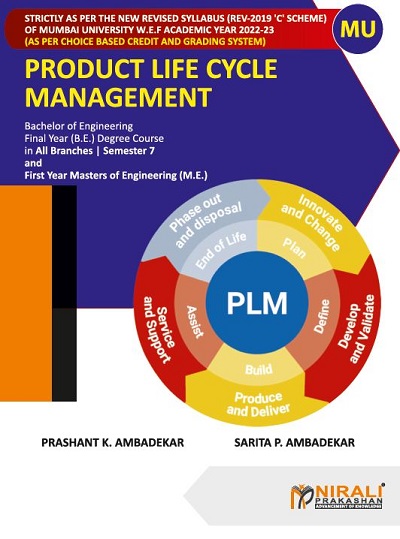
 Zoom
Zoom

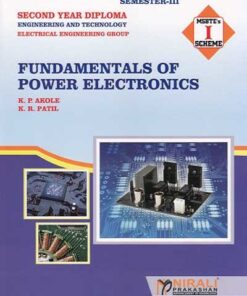

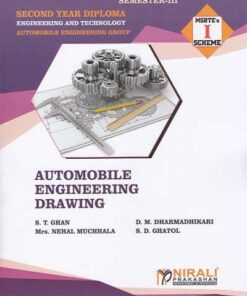
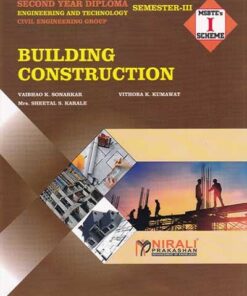
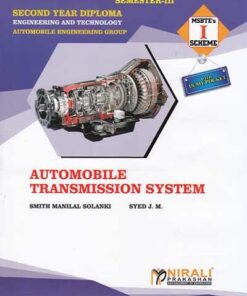
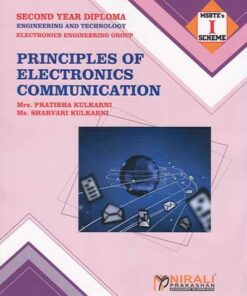
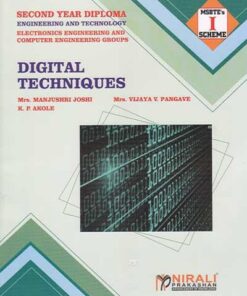
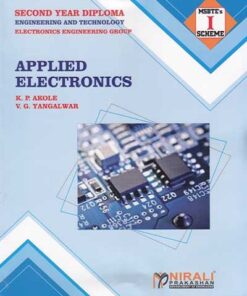


Reviews
There are no reviews yet.